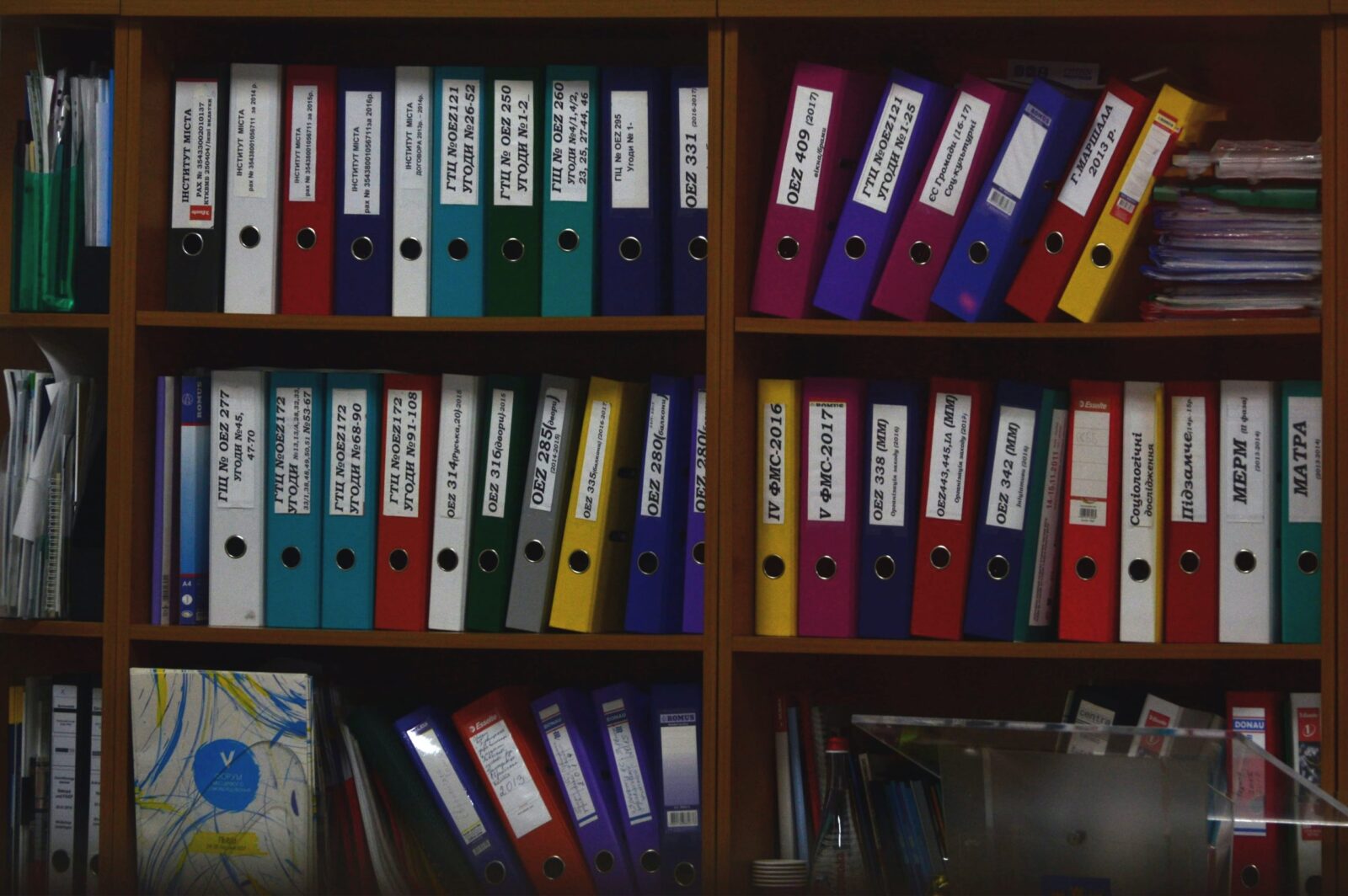
LABELS
If you are a writer, there are times when you must write because it helps think through what’s troubling you. Writer is a label. Lately, which in my case, means a long period of time, labels have worried me for numerous reasons not the least of which is that labels put people in boxes with names that may identify but not do justice. In my world, doing justice is required of us, along with loving mercy and walking humbly. (Micah 6:8)
Labels for people include terms such as liberal, conservative, left, right, progressive, centrist, racist, extremist, black, brown, olive, red, blue, green, LGBTQ, binary, Muslim, Christian, Jew, Hindu, Buddhist, Arab, American, obsessive/compulsive, ADD/ADHD, bipolar, rich, poor, smart, genius, stupid, crazy and the list is endless. Homeless, blue-collar, white-collar, C-Suite. Every job has a title or label and cannot cover all that the job entails. After all, what is a fast-food worker, all things considered? Or consider this one, and all that is implied, teacher.
I read a book in graduate school by Richard Stuart, published in 1970, called “Trick or Treatment: How and When Psychotherapy Fails.” There was a chapter in that book with the title, “The Iatrogenic Effects of Dispositional Illness.” What I took away was the negative effects of labeling people with terms that, by definition, boxed them into a particular behavior. Anxious or depressed, we gave patients a label that would satisfy the insurance companies. The point is that labels may be convenient, but they may also be inaccurate and even harmful. Labels used repeatedly during the last election may have accurately described observable behaviors, but they did little to advance any dialogue that could have been productive or enlightening.
We do a disservice to children by labeling personalities and behaviors early on. We call a child hyperactive when, in fact, the child may be expressing himself or herself in a perfectly natural way for that child and the adult wants an easy explanation. I surely could have been labeled ADD/ADHD as a young child, but the term wasn’t around and there was no medication to calm me down. The DSM didn’t come up with the diagnosis until 1980 and since then there has been what Ken Robinson called an epidemic of that kind of labeling. He also noted that it increased across the United States as you moved from West to East. Explain that in rational terms! Learning disabled became learning differenced which was a positive move away from disabilities.
Labels for adult behaviors may be convenient and they may be erroneous. I may be a liberal, progressive person on some social and political issues and conservative on others. When it comes to protecting and saving the environment, does conserving and preserving make me conservative? Or I am a radical, looking for the root causes? Conservation doesn’t care what your politics are. In the 60’s, I was called a “sick, sick, commie pinko” which may have been convenient for those who opposed my behavior but I was neither sick nor a Communist.
A friend, Lillian Lake, wrote recently: “Labels like terrorists & thugs – serve to separate & make us feel better about ourselves & even not have to take responsibility for our own actions. Do they not also stop us from seeing real needs & taking action where actions are needed?” How do we respond to people who sport labels such as Proud Boys, Oath Keepers, Boogaloo Bois, Three Percenters, Anti-Vaxxers and many more?
Back to January 6, 2021: At first, viewed from a distance, it was a rally or protest. Then it became an assault, a riot, an insurrection, domestic terrorism or even a coup attempt. The language used by the American media to describe the “Capitol siege” proves one thing whatever your perspective: Words matter.
So, initially, they were called protesters. But it became clear, as many breached the Capitol and lawmakers fled for safety, that more was happening. The Associated Press told staff members that protest was too mild a word. Phrases like “mob,” “riot” and “insurrection” were appropriate, noted John Daniszewski, vice president and editor at large for standards. The FBI uses the term extremist in the context of both domestic and international terror. “Domestic violent extremists have developed an extensive presence on the Internet through messaging platforms and online images, videos, and publications,” the FBI says on its website. “These facilitate the groups’ ability to radicalize and recruit individuals who are receptive to extremist messaging.”
Yes, words matter. People matter more. How we act and react matter regardless of labels and names. If you name it, check for accuracy, validity and reliability. See how the name or label wears over time. How would you describe yourself using 3-5 names or labels? It can be an interesting and revealing exercise. What has stayed the same and what has changed now that you are “older?”

Comments (1)
To get beyond the labels, trust needs to be carefully rebuilt—beginning with a willingness to listen. But listening is meaningless when people sense that most questions have been answered before the process begins. Change does not come easily or quickly on matters of values and beliefs. Opinions tend to obscure the facts.